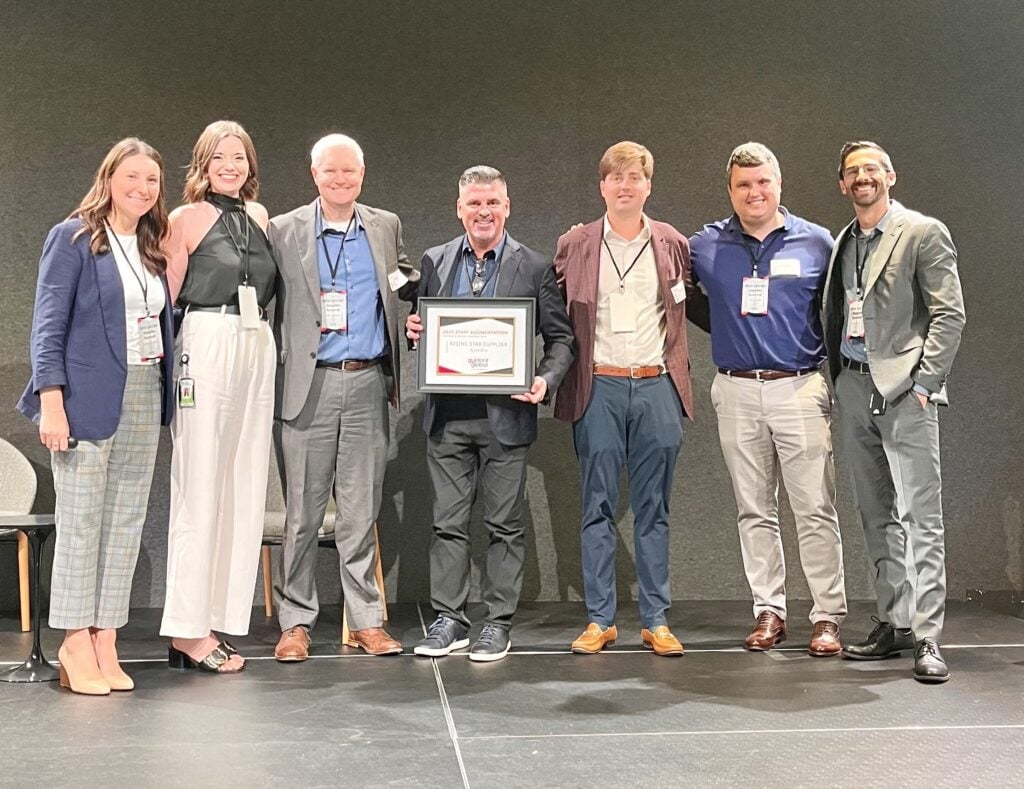
John Mahony speaks to the Orlando Business Journal about Florida’s economy
 Fla. economy improves first time since June
Fla. economy improves first time since June
by Richard Bilbao
Date: Wednesday, November 17, 2010, 1:16pm EST - Last Modified: Thursday, November 18, 2010, 8:50am EST
Florida has been on an economic roller coaster this year, up and down for the past nine months. Luckily, the state’s leading economic indicator improved in September, for the first time since June.
Five of the 10 components used to track the economy had a positive contribution in September, up from just three in August, said e-forecasting.com’s newest Florida Leading Economic Indicator report. They include: new unemployment claims, weekly manufacturing hours, national stock prices, cumulative interest rate spread and the domestic vacation barometer, which measures domestic travel attitudes.
The remaining five components that struggled month-over-month include manufacturers’ exports, building permits, international tourism to Florida, the national technology index and consumer sentiment.
Several factors contributed to positive growth, including a drop in new unemployment claims. In addition, growing consumer confidence contributes to domestic vacation increases, said Evangelos Otto Simos, chief economist for Durham, N.H.-based e-forecasting.
On the flip side, the growing home foreclosure crisis hurt the number of residential building permits, and the struggling economies overseas contributed to the decline in projected international travel, he added.
Looking at its six-month growth rate, Florida’s leading indicator went up by an annual rate of 4.2 percent in September, after an increase of 5.1 percent in August, said Simos, noting that the state’s average long-term growth rate is 3.2 percent, so any annual growth rate above that indicates recovery.
A number of local businesses said they have experienced recent upticks.
Take John Mahony, chief operating officer for Kavaliro, an Orlando-based staffing company. He said in the past two months, his company has seen job orders double from local companies looking to fill temporary and contract-for-hire personnel.
“Companies have been hesitant to bring on new staff until they could see what was going to happen in the economy, but I think those companies have gotten to a point where they have money to spend for hires and need to spend it before the end of the year,” he said.
In particular, jobs in information technology, hospitality, finance and accounting, and utilities seem to be most prominent right now, Mahony said.
Read the rest at the Orlando Business Journal


